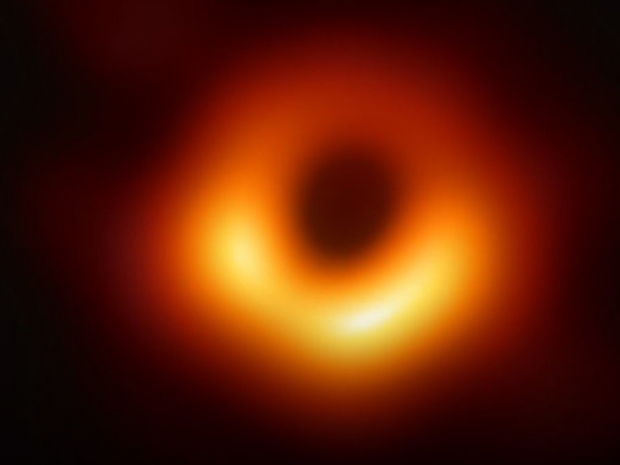Etienne said gravitational wave detectors were more sensitive and there needed to be ways to use all the information encoded in colliding binary black hole gravitational waves.
His answer is to turning to the public to help, which involve generating unprecedented numbers of self-consistent simulations of these extremely energetic collisions.
His team wants to use spare computing capacity to run the simulations for all possibilities gravitational wave properties and other information.
Each desktop involved in the programme will perform a single simulation of colliding black holes.
By seeking public involvement using shedloads of personal desktop computers, Etienne wants to increase theoretical gravitational wave prediction throughput to extract information from observations of the collisions.
He has built a website with software using the Berkeley Open Infrastructure for Network Computing, or BOINC, system which was a feature for the SETI@Home project and other scientific applications.
The free middleware system is designed to help harness the processing power of thousands of personal computers across the globe. The West Virginia team has named their project BlackHoles@Home and expects to have it up and running later this year.


